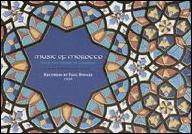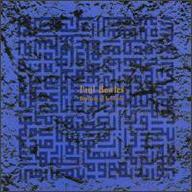Bowles was born in New York in 1910 to a wealthy family. He was extremely intelligent as a boy and learned to read when he was three years old. By the age of four, he had learned to write and he had completed his first poems and short stories. He later became interested in jazz, but his strict father did not allow for jazz to be played in their house. He attended a performance of Stravinsky's The Firebird when he was 15 years old, and it inspired him to compose and improvise. Equally interested in the literary arts, his poem "Spire Song" was published in the scholarly journal Transition in 1927. The following year, he began as a student at the University of Virginia, but in 1929 he spontaneously traveled to Paris to become a writer, without informing his parents or making any arrangements with the university. The trip was not very successful, and he returned to the University of Virginia to finish his schooling. It was also around this time that he became acquainted with Aaron Copland in New York, but Copland later admitted that Bowles was not very receptive as a student. Copland and Bowles became romantically involved, and they traveled together to Paris and Morocco in 1931. The relationship became a friendship in the following year, and Bowles continued exploring his creativity as a composer. In Paris he befriended Gertrude Stein, and he sought further compositional guidance from Nadia Boulanger, Roger Sessions, and Virgil Thomson.
After completing his first keyboard and chamber works, Bowles' reputation as a composer developed quickly. In 1936 he started composing incidental works for important writers such as Orson Welles and Tennessee Williams, and he produced several ballets and orchestral pieces. He married the writer Jane Auer in 1938, and after traveling together to Mexico, they settled in New York. Bowles was honored with a Guggenheim Fellowship in 1941 in the field of music composition, and in 1942 he was hired by Virgil Thomson to write music criticism for the New York Herald Tribune. In the late '40s, Bowles had grown weary of his career as a composer, and he realized that he could express himself better with words than with music. Around 1947, he moved to Tangier, Morocco, and his wife joined him in 1948. He completed his first novel, The Sheltering Sky, in 1949, and the resulting positive feedback and criticism propelled him on his path as a writer. He won a Rockefeller grant in 1959 that allowed for him to conduct important ethnomusicological research in Morocco, and in 1960 he began translating and collecting the oral stories from native Moroccans. In the 1980s he became active as an educator, and he held writing workshops in Morocco. He composed few works in his later years, but he continued writing until the mid-'90s. Bowles died from heart failure in 1999 in Tangier. ~ RJ Lambert, Rovi














